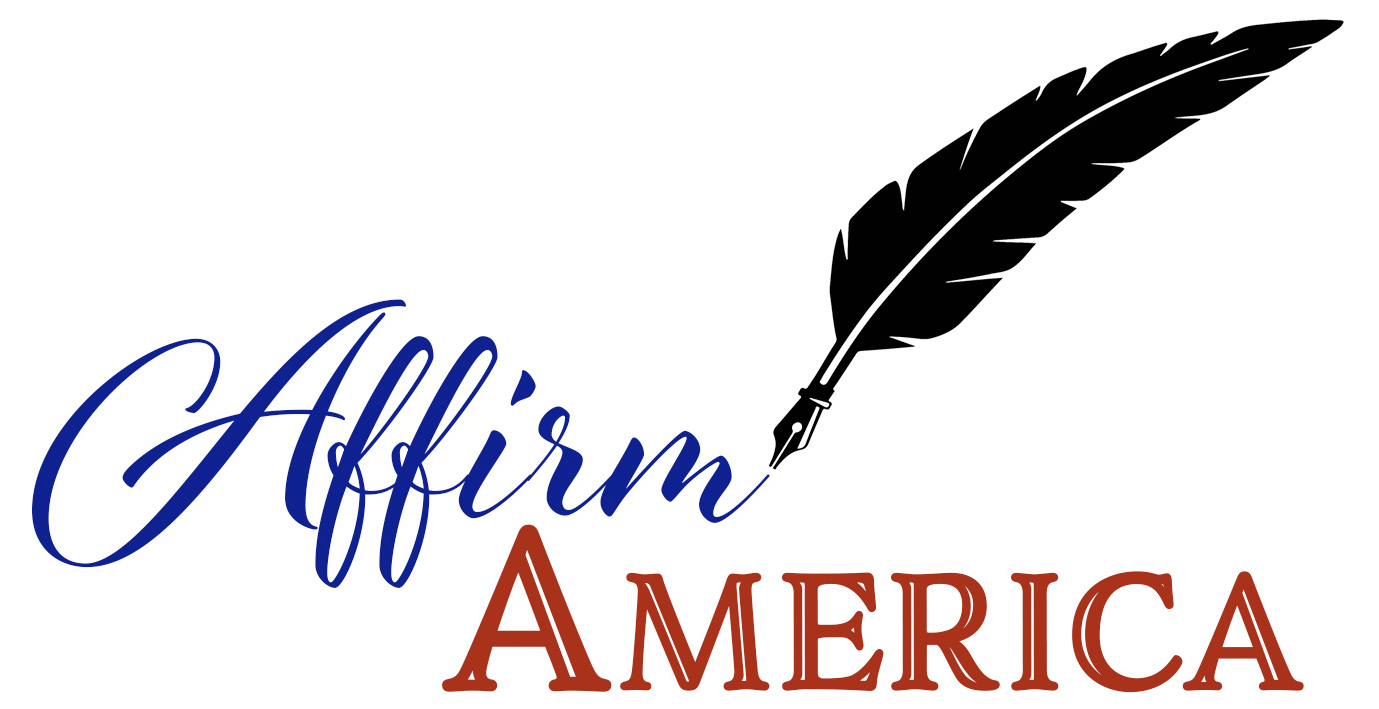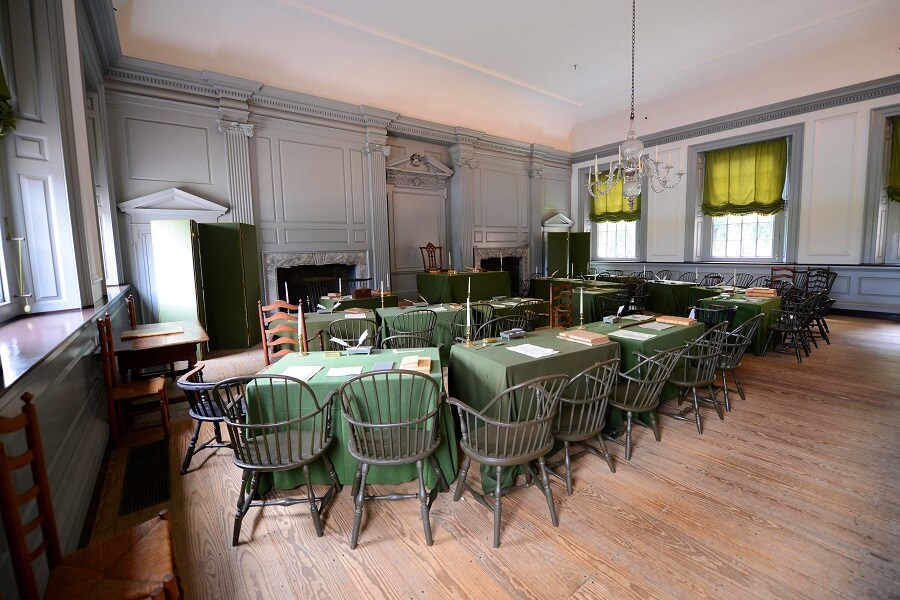But for a whisper, our Constitution, the basis of our liberty and freedom in America, may not have been. Though this past September 17th we celebrated its successful signing 230 years ago by 38 delegates in Independence Hall in Philadelphia, we almost didn’t.
The birth of our Constitution was tenuous. At one point during the convention it looked to be stillborn, because the small states were ready to walk out.
Yet, today we cherish its longevity, having spanned ten generations before landing in our laps, the longest time, in fact, for any nation’s charter to survive. It made it through international turmoil, a massive civil war, 17 new amendments, 37 additional states, and 45 peaceful hand-offs of executive power.
Glued together by the slimmest of words, it being one of the shortest constitutions in the world, Americans can be proud of possessing such a power-packed document. We may argue over it but not to void it; it does keep us together.
Without grand entrance of political rhetoric, the Constitution tells us how the government operates. The Constitution is like the hum of the engine under the government’s hood. But it needs oil, this engine of America. You and I are the oil.
Our Constitution starts with “We the people” for a purpose. It was written by people and for people who respected the dignity of their fellow human beings; yet were skeptical about giving power, indeed, to a governing body of those very same human beings.
Vigilance was the byword of the Constitution. We may easily take for granted liberty in America and the principles upon which it exists, our Constitution, like we forget about the air we breathe as we meander on our way to the grocery store or the ball game.
Nobody who entered the Philadelphia convention hall in the early summer of 1787 quite foresaw the immense outcome to be theirs three and half months later. When we peek inside the doors of that locked room, we discover that America’s charter was practically held together by a whisper.
One event during the convention, one like so many others that go unmentioned, brought us dreadfully close to a decision that would have derailed the Constitution, and ultimately our beloved America.
The issue centered on a major argument between the large states and the small states. When the delegates approved the House of Representatives, it appeased the large states by basing representation upon population. The small states, then, fought for equal status in the upper body of the Senate. They threatened to walk out if they didn’t get it.
The vote on this issue would have divided the convention exactly down the middle, except that the large states had one extra vote. The small states were ready to walk.
An interesting pivotal story of how one delegate without fanfare prevented this decision from smothering the convention, you ought to know. That delegate was Daniel Jenifer of Maryland, who had voted consistently with the large states.
On the day of the vote, he got up from his desk, grabbed his coat, whispered to his neighbor that he’d wanted to get some fresh air, and went out for a stroll on the streets of Philadelphia, meandering back in after the vote was already done. His vote would definitely have favored the large states and changed the course of the convention; ergo, history.
Instead, the tie caused them to immediately call for a conference committee to decide the matter. Ultimately, this committee created the Senate with two senators per state, equalizing powers for the small states.
We may look back and say, “Of course, that makes perfect sense.” But at the time, it didn’t.
It’s almost mysterious, what Daniel Jenifer did.
What if the decision of equal balance in the Senate fell through? What if, then, the small states high-tailed it out of there? What if the Senate was formed differently?
This “one nation” would have likely fragmented as foreign powers made early landgrabs at surrounding territories. This “one nation” may not have stitched itself back together after the Civil War. This “one nation” could have been saddled with an aristocracy of power instead of keeping power in the hands of the people.
Such is the whisper of fortune upon America that the angels weighed in on the quill pens of our Founders. Such is our Constitution. Such are the many similar microscopic happenstances, the precipices over which America’s destiny hung during the formation of our Constitution.
May this be the hushed reminder, as someone next to us grabs their coat, of how we need to replenish our respect for the making of this hallowed document. Today, as we bask in its brevity and longevity, let us pause to thank the whispered thoughts of those who wrote these irrevocable words of constitutional liberty, wise and strong into its third century.


